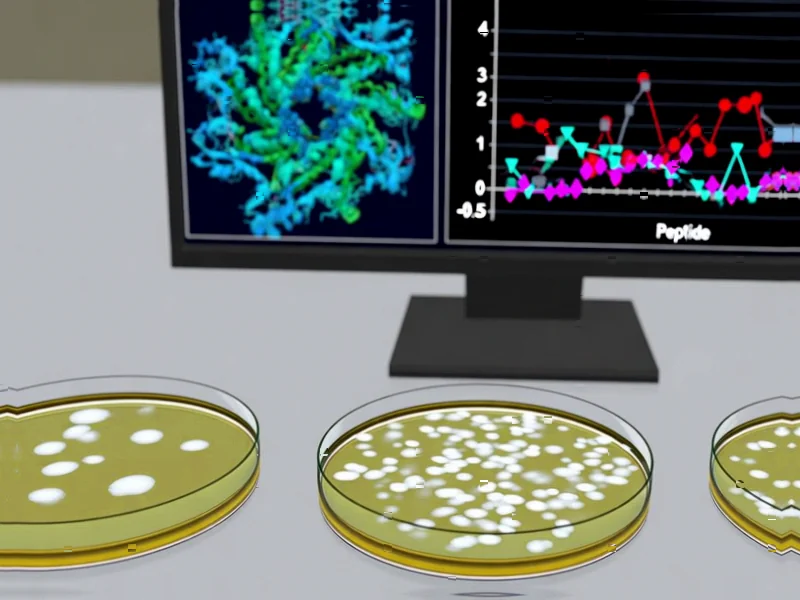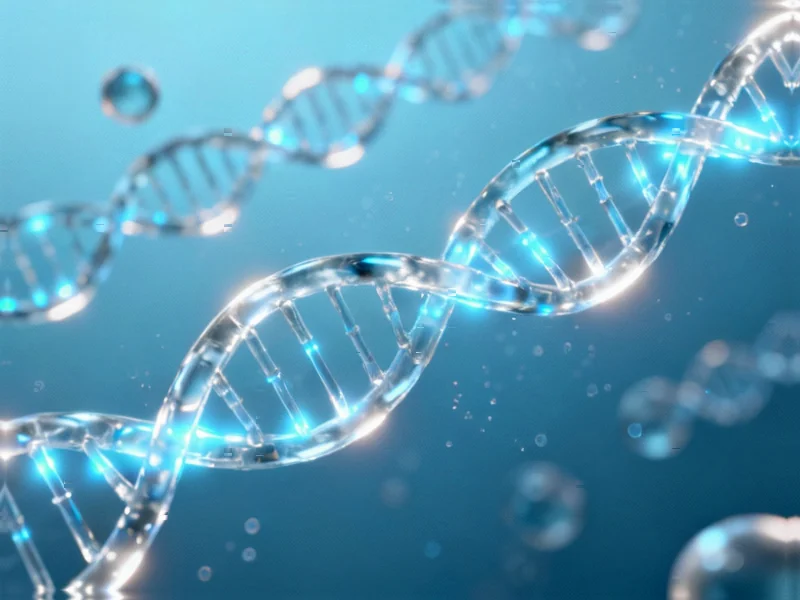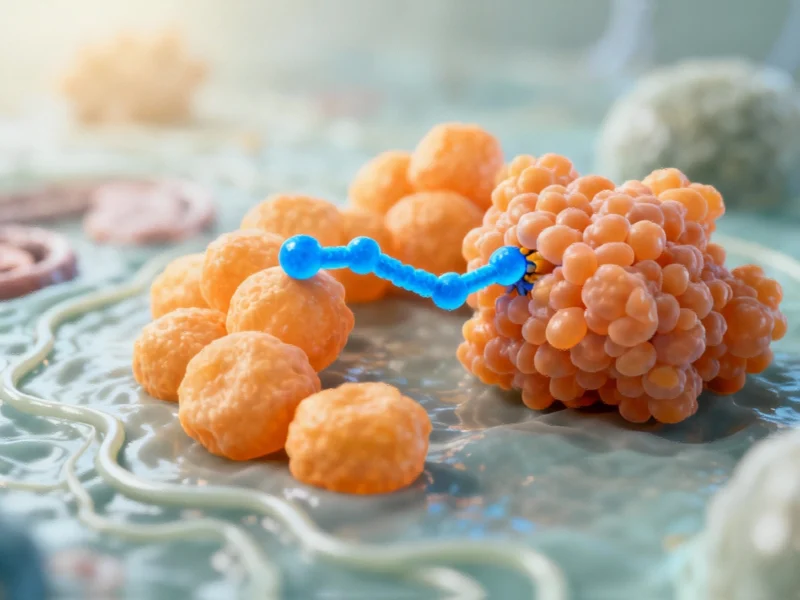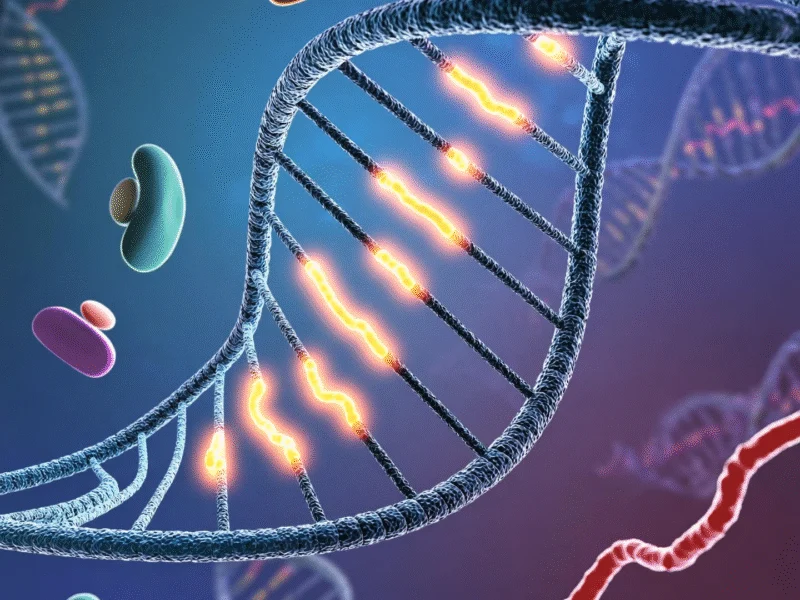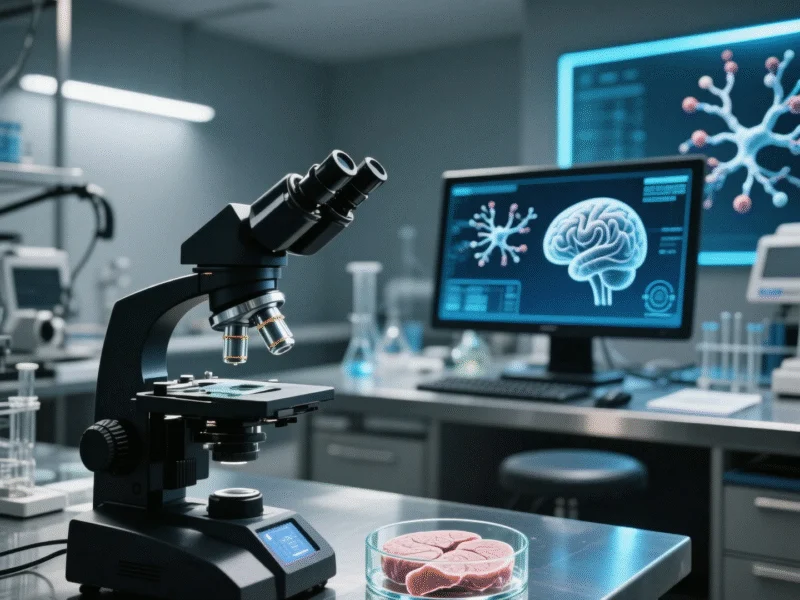Researchers have engineered a durable peptide that prevents Parkinson’s-associated proteins from forming toxic clumps while preserving their normal function. The breakthrough, demonstrated in worm models, represents a potential preventative strategy for neurodegenerative conditions where treatment options remain limited.
Breakthrough in Parkinson’s Protein Management
Scientists have developed a novel peptide that reportedly prevents the protein clumping characteristic of Parkinson’s disease while maintaining the protein’s essential biological functions, according to research published in Cell Reports Physical Science. The University of Bath-led team engineered the amino acid chain to keep alpha-synuclein proteins in their healthy configuration, potentially opening new therapeutic avenues for neurodegenerative conditions.
